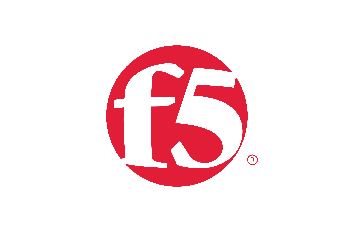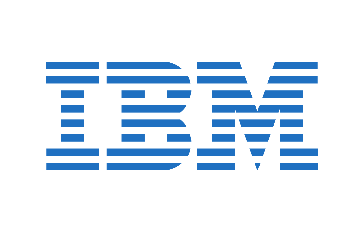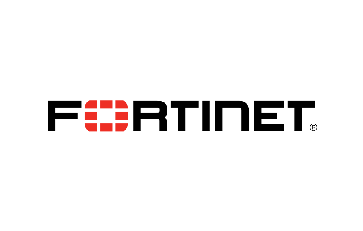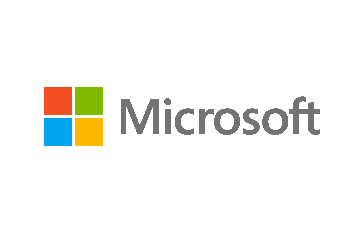Microsoft Alert
 3768
3768
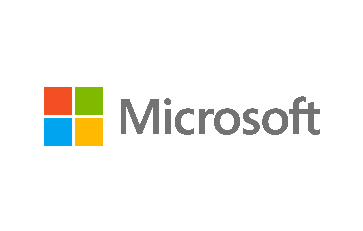
Warning Date
Severity Level
Warning Number
Target Sector
17 July, 2022
● High
2022-5026
All
Microsoft has released security updates to address several vulnerabilities in the following products:
- Windows 10 Version 1607 for 32-bit Systems
- Windows 10 for x64-based Systems
- Windows 10 for 32-bit Systems
- Windows 10 Version 21H2 for x64-based Systems
- Windows 10 Version 21H2 for ARM64-based Systems
- Windows 10 Version 21H2 for 32-bit Systems
- Windows 11 for ARM64-based Systems
- Windows 11 for x64-based Systems
- Windows Server, version 20H2 (Server Core Installation)
- Windows 10 Version 20H2 for ARM64-based Systems
- Windows 10 Version 20H2 for 32-bit Systems
- Windows 10 Version 20H2 for x64-based Systems
- Windows Server 2022 (Server Core installation)
- Windows Server 2022
- Windows Server 2012 R2 (Server Core installation)
- Windows Server 2008 R2 for x64-based Systems Service Pack 1 (Server Core installation)
- Windows Server 2008 R2 for x64-based Systems Service Pack 1
- Windows 10 Version 21H1 for x64-based Systems
- Windows Server 2019 (Server Core installation)
- Windows Server 2019
- Windows 10 Version 1809 for ARM64-based Systems
- Windows 10 Version 1809 for x64-based Systems
- Windows 10 Version 1809 for 32-bit Systems
- Azure Site Recovery VMWare to Azure
- Windows Server 2012 R2
- Windows Server 2012 (Server Core installation)
- Windows Server 2012
- Windows Server 2008 for x64-based Systems Service Pack 2 (Server Core installation)
- Windows Server 2008 for x64-based Systems Service Pack 2
- Windows Server 2008 for 32-bit Systems Service Pack 2 (Server Core installation)
- Windows Server 2008 for 32-bit Systems Service Pack 2
- Microsoft Office LTSC 2021 for 64-bit editions
- Windows RT 8.1
- Windows 8.1 for x64-based systems
- Windows 8.1 for 32-bit systems
- Windows 7 for x64-based Systems Service Pack 1
- Windows 7 for 32-bit Systems Service Pack 1
- Windows Server 2016 (Server Core installation)
- Windows Server 2016
- Windows 10 Version 1607 for x64-based Systems
- Windows 10 Version 21H1 for 32-bit Systems
- Windows 10 Version 21H1 for ARM64-based Systems
- Azure Storage Blobs client library for Python
- Azure Storage Queues client library for Python
- Azure Storage Blobs client library for Java
- Azure Storage Queues client library for .NET
- Azure Storage Blobs client library for .NET
- Microsoft Defender for Endpoint for Linux
- Microsoft Office 2019 for 64-bit editions
- Microsoft Office 2019 for 32-bit editions
- Microsoft Office LTSC 2021 for 32-bit editions
- Skype for Business Server 2019 CU6
- Skype for Business Server 2015 CU12
- Microsoft Lync Server 2013 CU10
- Microsoft Office 2013 Service Pack 1 (64-bit editions)
- Microsoft Office 2013 Service Pack 1 (32-bit editions)
- Microsoft Office 2013 RT Service Pack 1
- Microsoft Office 2016 (64-bit edition)
- Microsoft Office 2016 (32-bit edition)
- Microsoft 365 Apps for Enterprise for 64-bit Systems
- Microsoft 365 Apps for Enterprise for 32-bit Systems
- Remote Desktop client for Windows Desktop
Attacker could exploit the vulnerabilities and do the following:
- Execute arbitrary code -remotely
- Bypass of a protection mechanism
- Escalation of privilege
- Denial of service attack (DoS)
The CERT team encourages to update and check all the affected product details according to the links below.

 The official site for Saudi CERT
The official site for Saudi CERT



